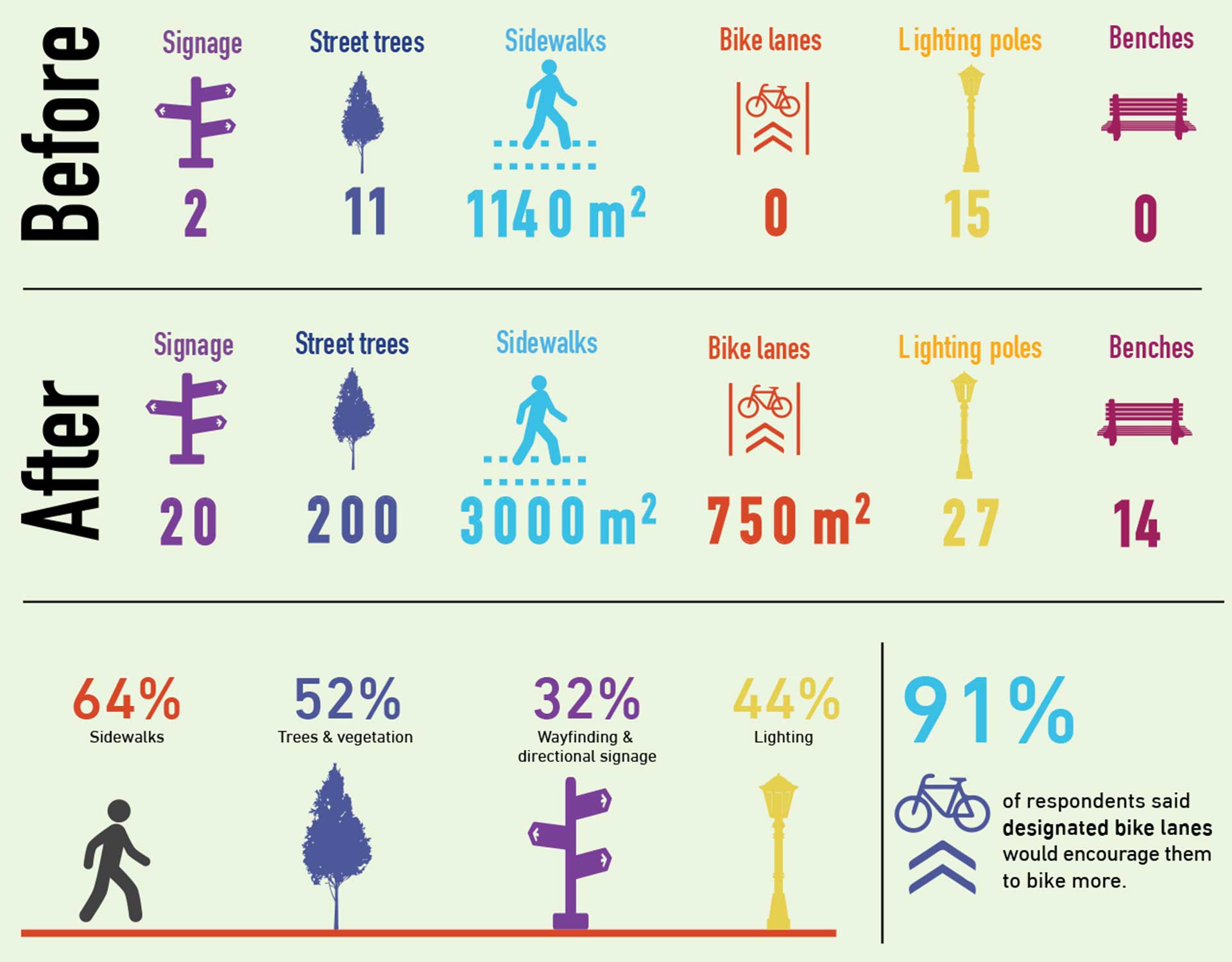Shepherds’ Field Street Rehabilitation Project

Since the beginning of the Covid-19 pandemic, public spaces, including streets, squares and parks, have become a central priority for local authorities trying to reassess how the users interact with these spaces.
A year later, the way we look at and deal with public spaces has shifted. These places, which once acted as a stage for local authorities, are now being repurposed to serve the community in a way that resonates with the “new normal”. The ways in which the users previously interacted with these spaces, and their subsequent impact on the adjacent places, brings to question how they will be used moving forward.
As people were locked down, they soon realized the importance of being able to be mobile by engaging in regular exercise, walking and participating in outdoor recreation. Now, more than ever, we see the need to provide the community with a clean, safe and free environment throughout the governorate of Bethlehem.
In response to this need, and in collaboration with the Beit Sahour municipality, BDF put forward a design proposal to ameliorate the environment of the public Toward Sustainable Streets For All-spaces by creating the first sustainable roadway. Based on international standards of design, Shepherds Street will be the main link to the historic and touristic area that takes into consideration pedestrians, cyclists and motorists safety and comfort.
This urban intervention, the first phase of the street rehabilitation program in Beit Sahour, will provide a safe and smooth link to the historical sites in the city and will encourage visitors to spend more time to experience the city. This will also create new opportunities for the communities and visitors to interact in a new way. It will also encourage and support both the urban and economic development of the city.
In order to materialize this vision, the urban practitioners at the Bethlehem Development Foundation (BDF), have studied global guidelines in order to put forward a locally viable proposal that creates a multi-use and sustainable products that meets the needs of the community. The street also includes the use of progressive street furniture such as smart benches, which offer important tourist information and the installation of green solar canopies that provide power for streets lights and other public spaces.
By Ahmad Hifnawi – BDF Development Coordinator
